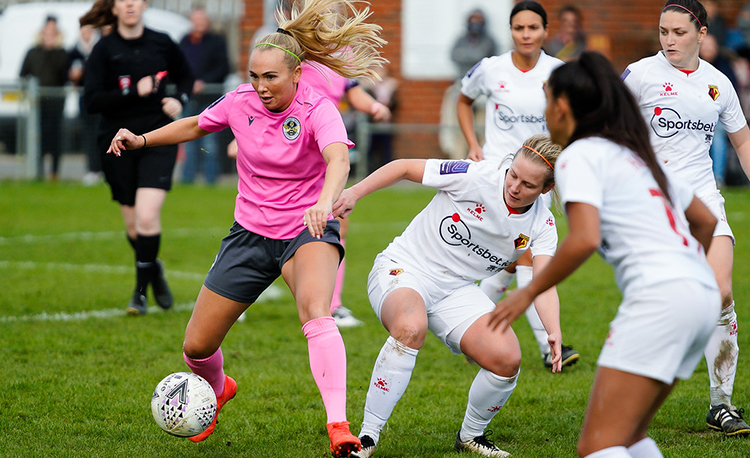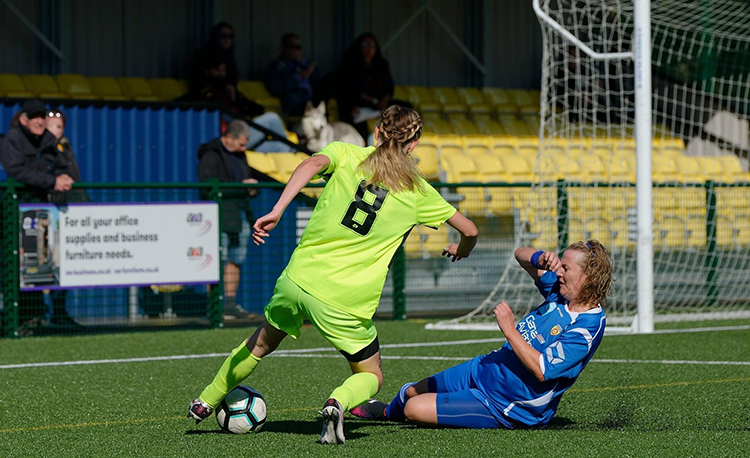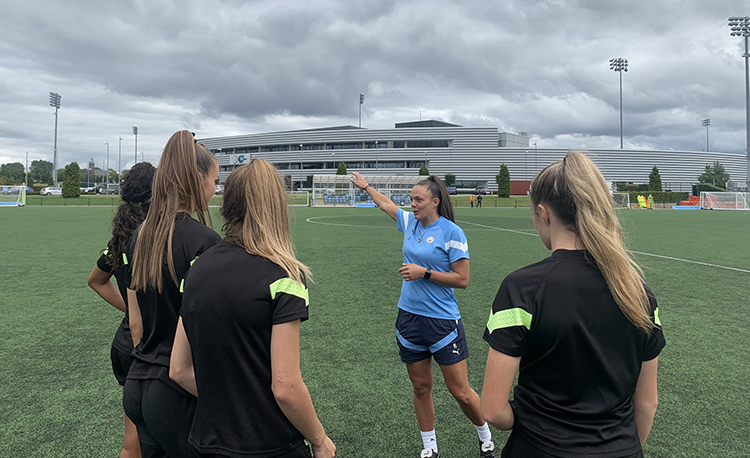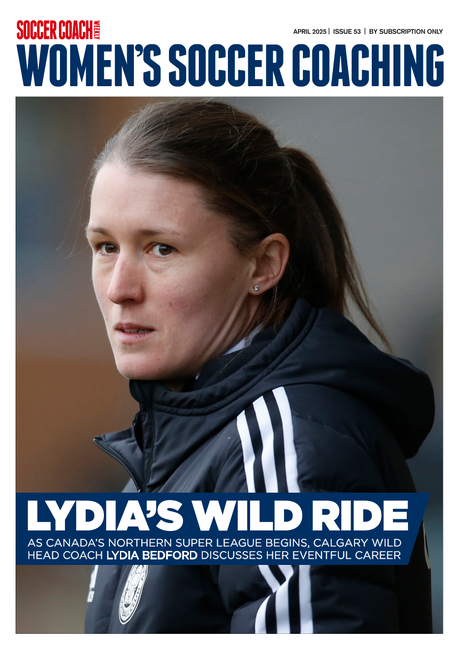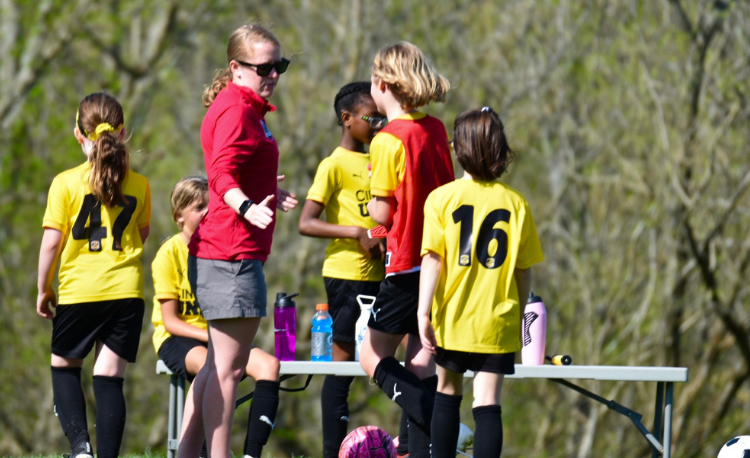You are viewing
1 of your 3 free articles
5 ways to support players and coaches with endometriosis
Want to show up for those around you suffering with endometriosis? Here are some ways to do so...
An at-a-glance guide for coaches on how you can help support those around you who are living with endometriosis...
01. Educate yourself
As something that affects around 10% of people who have periods, it is highly likely that at some point we will work with a player or fellow coach who suffers with endometriosis - so make sure you are prepared when that time comes.
Read articles, listen to podcasts, undertake CPD or further research. It may mean that you are not just better equipped to help players and colleagues as needed, but to spot symptoms of the condition in someone who may not realise they have it.
02. Talk about it
Help to remove the taboo around the subject by having open conversations.
This all starts with getting to know your players a bit more - this will put you in a better position to understand when they seem down, unwell or affected by their menstrual cycle and make them feel more comfortable opening up to you about it.
You are not obliged to talk about your experiences, and should only share what you feel comfortable with. But if you are happy to say more, a simple “I had a really painful period last week” can go a long way to opening the door to more conversation.
The burden here is not just on those who have endometriosis, or who have periods. Male coaches must take some of the load and help break the silence around the topic.
03. Manage load
Understanding the intricacies of a player’s symptoms, along with how the condition can impact physical performance, can put you in a better position to help manage a player’s load. Do they need, for example, to sit out of a certain session?
Make a space where they feel comfortable to say they need to sit out, and let them know their position in the team isn’t affected.
04. Stock your kit bag
Period supplies should be a staple that you take to training and matches alongside the other necessities.
Make sure to carry tampons, pads and anything else you might think useful, and let your players know where they are should they need them.
Ask players if they have any preferences – they may prefer tampons with an applicator, or need a certain size. You could also carry things like extra ice or heat packs to help players manage pain.
There are different rules in different places around what pain medication can be given out, so you can’t necessarily carry and give out ibuprofen for pain relief.
You can, however, chat to players about what they take and ask them where they keep it at training or on match days so you can make sure it is in an easy spot for them to get to if they need it.
05. Advocate up
Have conversations with those who make decisions at your club about what you could do better.
Are your team’s shorts white? If so, maybe they could be changed to a different colour so players don’t have to worry about blood showing during a heavy period.
Do all staff have a certain level of understanding about endometriosis, and periods in general? If not, can they be trained appropriately? Are there processes and behaviours around it at the club?
Like many things, it’s about a common culture or standard of behaviours that run through a club. Do what you can to make sure helping and supporting players and their menstrual cycle is a consideration in that.
Related Files
Newsletter Sign Up
Newsletter Sign Up
Discover the simple way to become a more effective, more successful soccer coach
In a recent survey 89% of subscribers said Women's Soccer Coaching makes them more confident, 91% said Women's Soccer Coaching makes them a more effective coach and 93% said Women's Soccer Coaching makes them more inspired.
*includes 3 coaching manuals
Get Inspired
All the latest techniques and approaches
Women's Soccer Coaching offers proven and easy to use soccer drills, coaching sessions, practice plans, small-sided games, warm-ups, training tips and advice.
We've been at the cutting edge of soccer coaching since we launched Soccer Coach Weekly in 2007, creating resources for the grassroots youth coach, following best practice from around the world and insights from the professional game.
